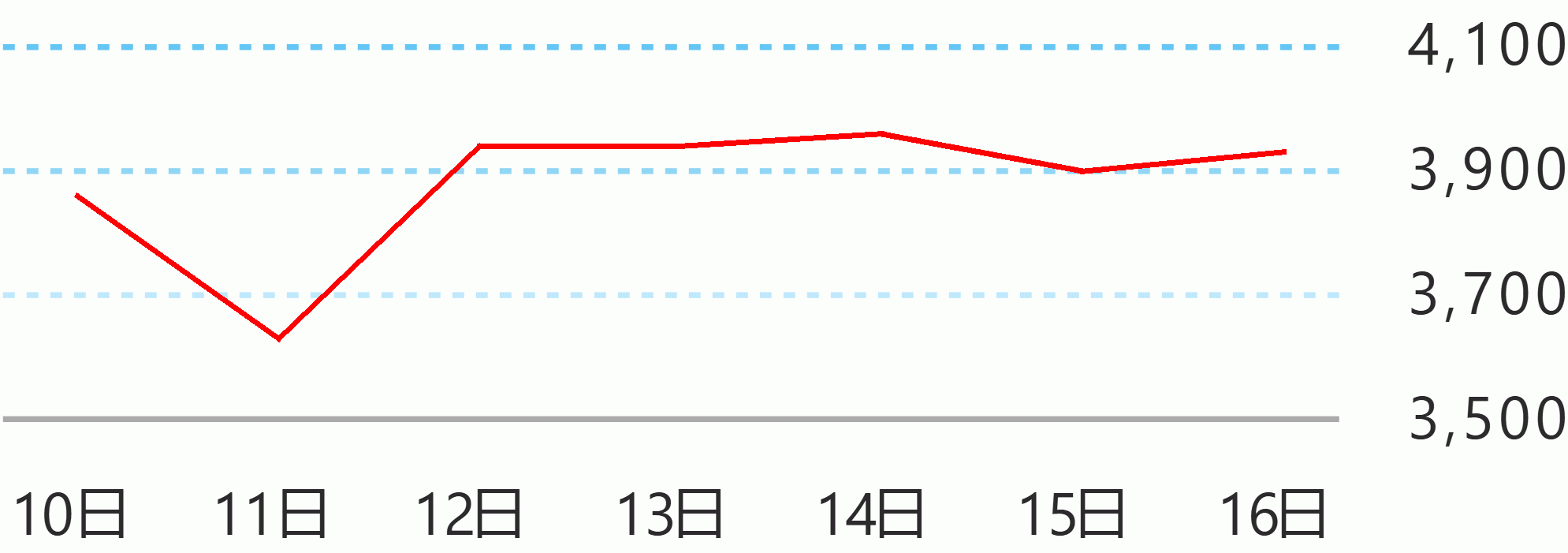The National Economic and Development Authority (NEDA) highlights the issuance of Executive Order (EO) No. 171 and the government’s fuel subsidy program in helping ease the impact of global inflationary pressures.
The Philippine Statistics Authority reported that headline inflation increased to 5.4 percent in May 2022 from 4.9 percent in the previous month. The inflation rate is within the Bangko Sentral ng Pilipinas’ (BSP) forecast range of 5 to 5.8 percent for the month.
Year-to-date inflation settled at 4.1 percent, slightly above the BSP’s target range of 2.0 to 4.0 percent for 2022.
“The Russia-Ukraine conflict has disrupted the global supply chain and elevated commodity prices, particularly for fuel. We have seen how a single crisis can set us back, so the Duterte administration has pursued both short- and long-term interventions to increase the resilience of our domestic economy against external shocks,” said Socioeconomic Planning Secretary Karl Kendrick Chua.
To help cushion the impact of higher fuel prices on the most vulnerable, the government has increased the total budget for targeted subsidies to P6.1 billion.
As of June 1, over 180,000 PUV drivers and operators have received their P6,500 fuel subsidy under the Pantawid Pasada program. At the same time, more than 158,000 farmers and fisherfolk are also set to receive P 3,000 as fuel discounts.
Moreover, to facilitate the entry of more goods at lower prices, President Rodrigo Duterte issued EO No. 171 to modify tariff rates for pork, corn, rice, and coal. This is among the key recommendations of the Economic Development Cluster in addressing the inflationary impact of the Russia-Ukraine conflict.
EO No. 171 extends the validity of EO 134 and 135, which lowered the most favored nation (MFN) tariff rates for the importation of pork and rice. The EO also reduces MFN tariff rates for corn to five percent in-quota and 15 percent out-quota, citing that corn accounts for more than 50 percent of the total production cost of large-scale broiler and swine farms.
To help maintain or lower electricity prices, EO No. 171 also temporarily eliminates the seven percent MFN import tariff rate on coal as it is an important raw material in the generation of electricity.
“These temporary measures are expected to increase our food supply and ease higher electricity costs in the short-term,” Chua said. NEDA Public Affairs




 English
English











